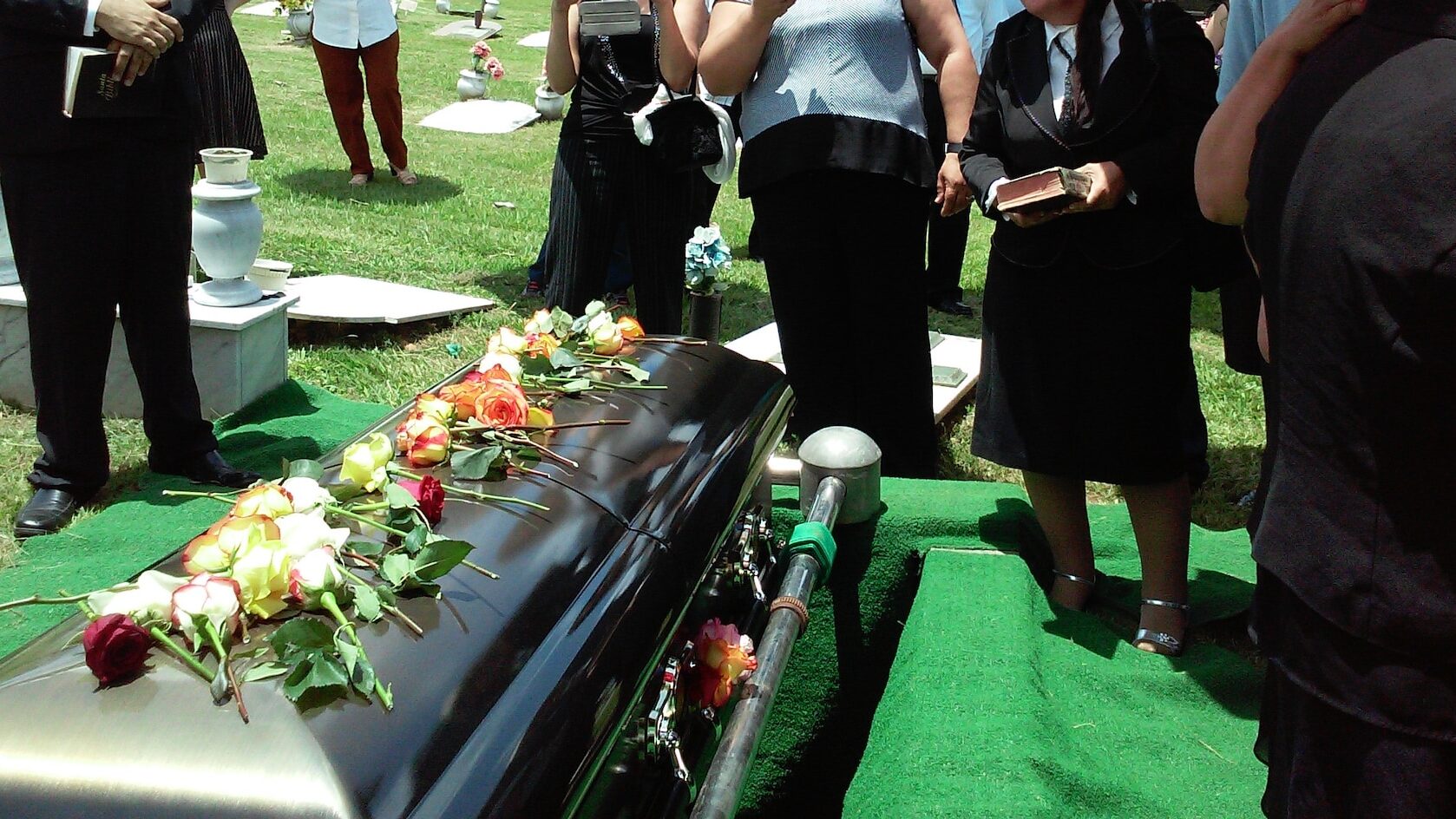Losing a loved one is a devastating experience, and it can be even more traumatic when their death is caused by someone else’s negligence or intentional actions. In such cases, the family members of the deceased may be able to file a wrongful death lawsuit.
Maryland’s wrongful death statute outlines the legal process for pursuing compensation in such cases.
What is a Wrongful Death Claim?
A wrongful death claim is a civil lawsuit brought by the surviving family members of a person who died as a result of someone else’s wrongful conduct.
The purpose of a wrongful death claim is to seek compensation for the losses suffered by the surviving family members, including but not limited to medical expenses, funeral costs, lost income, and pain and suffering.
Who Can File a Wrongful Death Claim in Maryland?
In Maryland, only certain family members of the deceased are allowed to file a wrongful death claim. The law specifies that the following individuals have the right to bring a wrongful death action:
- The surviving spouse, children, or parents of the deceased
- Any other person who was financially dependent on the deceased at the time of their death
If there is no surviving spouse, children, or parents, then other family members such as siblings or grandparents may be able to file a claim. However, this is only possible if they can prove that they were financially dependent on the deceased.
What Damages can be Recovered in a Wrongful Death Claim?
The types of damages that can be recovered in a wrongful death claim in Maryland are similar to those in other states. These include economic damages, such as medical expenses, funeral costs, and lost income or support, as well as non-economic damages, such as pain and suffering, loss of companionship, and emotional distress.
What is the Statute of Limitations for Filing a Wrongful Death Claim in Maryland?
The statute of limitations is the time limit within which a wrongful death claim must be filed. In Maryland, the statute of limitations for wrongful death claims is three years from the date of the deceased’s death. If a claim is not filed within this time frame, it will likely be dismissed by the court.
What is the Burden of Proof in a Wrongful Death Case?
In a wrongful death case, the burden of proof is on the plaintiff, or the surviving family members, to show that the defendant, or the party being sued, was responsible for the deceased’s death. This typically requires proving that the defendant was negligent, reckless, or intentionally caused harm.
To prove negligence, the plaintiff must show that the defendant had a duty of care to the deceased, that they breached that duty, and that the breach caused the deceased’s death. In cases where the defendant’s actions were intentional, the plaintiff must show that the defendant intended to cause harm to the deceased.
Conclusion
Losing a loved one is never easy, and it can be tough when someone else’s wrongful conduct caused their death. If you believe that your loved one’s death was the result of another party’s negligence or intentional actions, it is essential to consult with an experienced attorney who can guide you through the legal process and help you seek the compensation that you and your family deserve.
If you have lost a loved one due to someone else’s negligence or intentional actions, call the Law Office of William M. Burgess P.A. We are a dedicated Waldorf law firm that will help you seek justice and compensation. Contact us at 301-645-3261 or visit our firm at 200 Washington Ave., La Plata, MD 20646.


